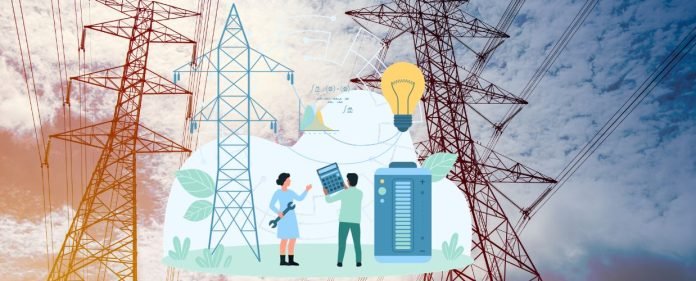In a world where energy consumption continues to rise and environmental concerns loom, the concept of off-grid power systems has emerged as a beacon of energy independence and sustainability. Off-grid power systems, known as standalone power systems, offer a transformative approach to energy generation and consumption. By liberating individuals and communities from traditional grid dependency, these systems illuminate the path toward a future where clean, reliable, and localized energy solutions reign supreme. In the quest for energy freedom and a more sustainable planet, off-grid power systems are emerging as a symbol of empowerment and resilience.
Unleashing Energy Freedom: Defining Off-Grid Power Systems
Off-grid power systems operate independently of centralized electrical grids, generating energy on-site and often incorporating energy storage solutions. These systems are particularly relevant in remote areas, where extending traditional power infrastructure may be impractical or cost-prohibitive. Off-grid power systems embrace a diversified mix of renewable energy sources, for example, solar panels, wind turbines, and small-scale hydroelectric generators, to provide reliable electricity without a traditional grid connection.
The core principle of off-grid power systems is self-sufficiency, enabling individuals and communities to meet their energy wants while reducing reliance on fossil fuels and minimizing carbon emissions.
Local Solutions, Global Impact: Off-Grid Advantages
One of the key advantages of off-grid power systems is their ability to empower communities to take control of their energy destiny. Remote and underserved regions, whether in developing nations or sparsely populated areas, can leapfrog the traditional grid infrastructure and embrace modern energy solutions. This approach not only improves quality of life but also enhances economic opportunities and educational outcomes.
Furthermore, off-grid power systems enhance energy security by providing a stable and resilient supply. In regions prone to power outages, extreme weather events, or other disruptions, off-grid solutions offer a lifeline, ensuring that critical services like healthcare, communication, and education can continue uninterrupted.
Sustainable Innovations: Tailoring Solutions for Different Needs
Off-grid power systems are not a one-size-fits-all solution. They can be tailored to meet the specific energy needs and available resources of different regions and communities. Solar panels are a popular choice for harnessing abundant sunlight, while wind turbines are suitable for windy locales. In areas with flowing water bodies, small-scale hydroelectric generators offer a reliable energy source.
Energy storage is a cornerstone of successful off-grid power systems. Batteries, flywheels, and other storage solutions enable excess energy generated during peak times to be stored and used when demand exceeds supply. Advances in storage technologies have made off-grid systems more efficient and reliable, enabling continuous power supply even during periods of low energy generation.
Challenges and Evolution: Charting the Future
While the promise of off-grid power systems is compelling, they are not without challenges. The initial investment required for infrastructure, equipment, and technology can be significant, particularly for low-income communities. Governments, NGOs, and international organizations are crucial in providing financial support and incentives to make these solutions accessible to all.
Technological advancements are pivotal in overcoming these barriers. The evolution of renewable energy technologies, energy storage solutions, and smart grid management systems is driving down costs and increasing the efficiency of off-grid systems. In addition, innovative financing models, such as pay-as-you-go schemes and microgrid installations, are making off-grid power solutions more affordable and accessible.
Community Empowerment: A New Energy Paradigm
Off-grid power systems extend beyond technology—they signify a shift in power dynamics and decision-making. As communities embrace self-sufficiency in energy production, they become active participants in shaping their energy future. This empowerment leads to greater ownership, accountability, and community collaboration, fostering social cohesion and resilience.
Off-grid power systems also have a role to play in disaster preparedness and recovery. In areas prone to natural disasters, for example, hurricanes, earthquakes, or wildfires, the decentralized nature of off-grid systems ensures that communities have access to essential services when traditional infrastructure is compromised.
Conclusion
In a world of climate change, energy security, and equitable resource access, off-grid power systems offer a transformative solution. These systems represent more than just a way to generate electricity—they embody a vision of energy freedom, resilience, and sustainability.
As we collectively strive to transition towards a future powered by clean and renewable energy sources, off-grid power systems emerge as a cornerstone of this transformation. They exemplify the power of innovation, community collaboration, and local solutions to address global challenges.
Off-grid power systems symbolize our ability to shape a future where energy is not only harnessed from the sun, wind, and water but also from the collective spirit of empowerment and self-reliance. Just as the rays of the sun reach the farthest corners of the Earth, the impact of off-grid power systems has the potential to illuminate the lives of millions, paving the way toward a brighter and more sustainable tomorrow.



